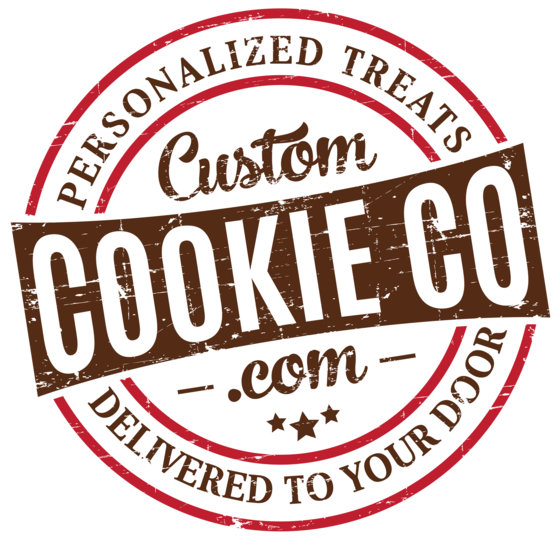Personalizing Corporate Events Through Venue Choice and Catering

Personalizing Corporate Events Through Venue Choice and Catering
Corporate events can unite people in ways that many other professional gatherings cannot. However, a stereotype perpetuated over the years is that corporate events are stuffy and feel forced. Given the sheer amount of corporate events held annually (with 2024 boasting 81% of meetings having an in-person component), it’s inevitable that the poorly planned events will stand out amongst the general working population.
To avoid this unfortunate stereotype, you must take a corporate event as seriously as any project. Even if it’s a time to unwind for some, the organizers shouldn’t become complacent. There are two aspects that often dictate how a corporate event will go. First, the venue, meaning the meeting place itself, and the catering, what people will eat during the event.
Picking the Right Venue
The venue should always be your first consideration in any corporate event planning. Whether it’s at a local restaurant or a full-blown events hall, it’s important to know every aspect of the location before deciding to throw a corporate event in it.
Budget and Duration
Ensure the venue fits within your budget without compromising on quality. Corporate events can vary from one-time networking events to annual spectacles, and your budget needs to reflect the perceived importance of the event. If it’s a casual gathering or a quick meeting, then you don’t need to break out the five-star accommodations.
Confirm the venue can accommodate the full duration of your event, and if doing so will incur any additional costs. Always research if the event can be booked for the whole day or if it will require precise timing. Booking the entire day may cost more, but it will allow organizers more time to set stuff up at the start of the vent and take them down upon exiting the venue.
Location and Parking
Location refers to not just the building itself, but the literal address. Even if a venue is perfect for your needs, it may be all for naught if it’s too far away from most potential guests. The location may also experience poor weather on that day, making travel to the location difficult. Consider its proximity to public transportation, major highways, and airports. Adequate and convenient parking is essential to minimize attendee stress and ensure punctuality.
Wi-Fi Access and Air-Conditioning
Reliable Wi-Fi is crucial for most corporate events. After all, it’s the modern era, and everybody will be exchanging emails, sharing videos, and other online activities. Ensure the venue offers strong, fast, and accessible internet connectivity. Proper air-conditioning is also vital for attendee comfort. A venue with a modern HVAC system that can adjust to changing conditions will keep guests comfortable throughout the event.
Ambiance and Activities
The key to hosting a successful corporate event is making sure the ambiance matches its tone. For a team-building activity, it’s best to opt for locations with a laid-back atmosphere, as these settings allow guests to foster camaraderie. For example, casual cafes, creative studios, and other unconventional spaces are excellent choices for hosting a unique corporate event. Alternatively, for an employee awards ceremony, an elegant venue will align with the event’s prestige and formality.
Services and Amenities
Look for venues that offer additional services such as audiovisual equipment, furniture, and on-site technical support. It’s typically extra cost and time to set these up yourself, so it’s better if the venue already has a ready and able team of its own. These amenities can simplify planning and reduce costs significantly.
Choosing the Right Catering
Now that people are comfortable in your chosen venue, it’s time for their refreshments. Catering will vary depending on the event, but here are some fundamentals you’ll need to consider when feeding guests.
Budget and Certifications
Set a budget for catering that aligns with the overall event budget. Ensure the caterer is certified and complies with health and safety regulations. High-quality catering doesn’t have to break the bank but should meet standards that ensure guest safety and satisfaction.
On-Site Staff and Equipment
Select a caterer that provides professional on-site staff and the necessary equipment. Experienced staff can enhance the dining experience by providing excellent service. Ensure the caterer can supply all required equipment, such as serving stations, utensils, and warming trays.
Food Amount and Temperature Maintenance
Ensure there is enough food for all attendees, considering factors like portion sizes and the number of guests. Proper temperature maintenance is crucial to keep food fresh and safe. Discuss with the caterer how they will keep hot foods hot and cold foods cold throughout the event.
Menu and Tasting
Choose a menu that caters to diverse tastes and dietary restrictions. When inviting people to the event, have them fill out surveys about their food preferences and any potential allergies. In the event itself, make sure to mark foods clearly with potential allergy risks, such as seafood and nuts. Arrange a tasting session with the caterer to ensure the food meets your standards and aligns with your event's theme and tone. Finally, consider handing out custom logo cookies at the end. This can make your event more memorable and reinforce your company’s identity.
Final Thoughts
Remember, corporate events don’t need to be stiff and upper-lip. With the right venue, good food and drinks, and of course, a gracious host, even the driest of business topics can be a fun time. Stick to the fundamentals of good event management and you’ll find yourself organizing more successful events in the future.
Leave a comment
Comments will be approved before showing up.
Also in News




Katherine Pierce
Author